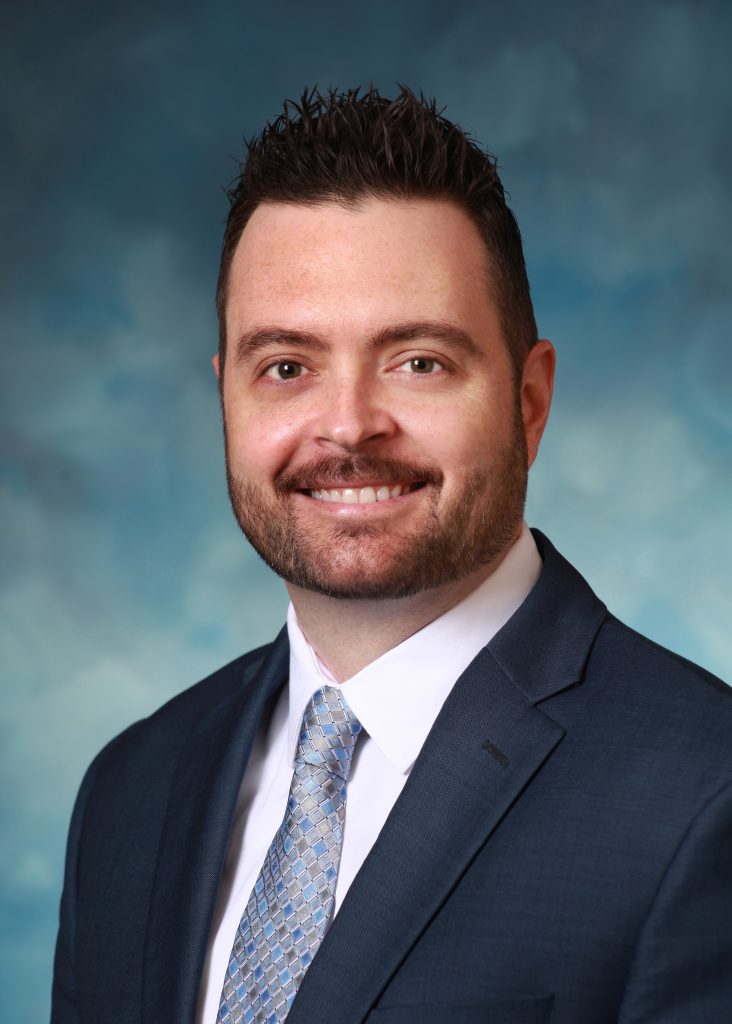Michael Cornehls, FACHE (MSHEB ’22)
Chief Financial Officer, Broward Health North

Michael Cornehls, FACHE (MSHEB ’22), is committed to improving and expanding health services for Broward and Dade County residents. As chief financial officer for Broward Health North, one of the top 10 largest not-for-profit health systems in the U.S., his responsibilities go beyond keeping an eye on the bottom line – he collaborates with teams across the hospital to drive positive change for community members.
That drive led Cornehls to earn his master’s online at the University of Florida College of Health & Human Performance’s Department of Health Education & Behavior – a program he found enriching and instrumental in broadening his understanding of community health.
“When I was looking at the program, a lot of it was research-focused and understanding research methods,” Cornehls said.
Those lessons have served him throughout his career, like interpreting studies that may indicate a need to invest in new medical equipment or resources for his community.
Originally from Wisconsin, he studied exercise science at the University of Wisconsin – Green Bay and later earned his Master of Business Administration with a focus on complex health systems from Nova Southeastern University. He began his career with DeWolff, Boberg & Associates, Inc., a cross-industry consultancy group, and spent over five years in operations and finance at HCA Healthcare in Florida and Virginia.
Though he considered a master’s in health administration, Cornehls, who also oversees length of stay and case management, wanted a program that would help him understand health disparities faced by residents and clinicians.
“The program gave me more of an understanding from the social workers’ standpoint and what’s needed in the community,” Cornehls said.
Although he enrolled at the start of the COVID-19 pandemic, the fully online setup allowed for engagement with peers from different locations and work backgrounds, including social work, health education and clinical work, as well as live interactions via Zoom with professors.
“You really got to know some of the people in your cohort. There are a few I still reach out to,” Cornehls said. “At UF, it was a different level of student, and while it [the coursework] was much more challenging, it was also much more fulfilling.”
For those like Cornehls who are not clinicians but have a deep interest in working within the healthcare landscape, he encourages pursuing the program to expand one’s knowledge on health issues, such as health literacy and global health.
“For people who aren’t clinical, you can find a lot of application,” Cornehls said. “I recommend it [the program] to people who want to work in hospital leadership or anything associated with case management. Healthcare is so broad – I think of our skilled nursing and long-term care facilities. This is a very helpful program to understand what the community’s needs are.”
